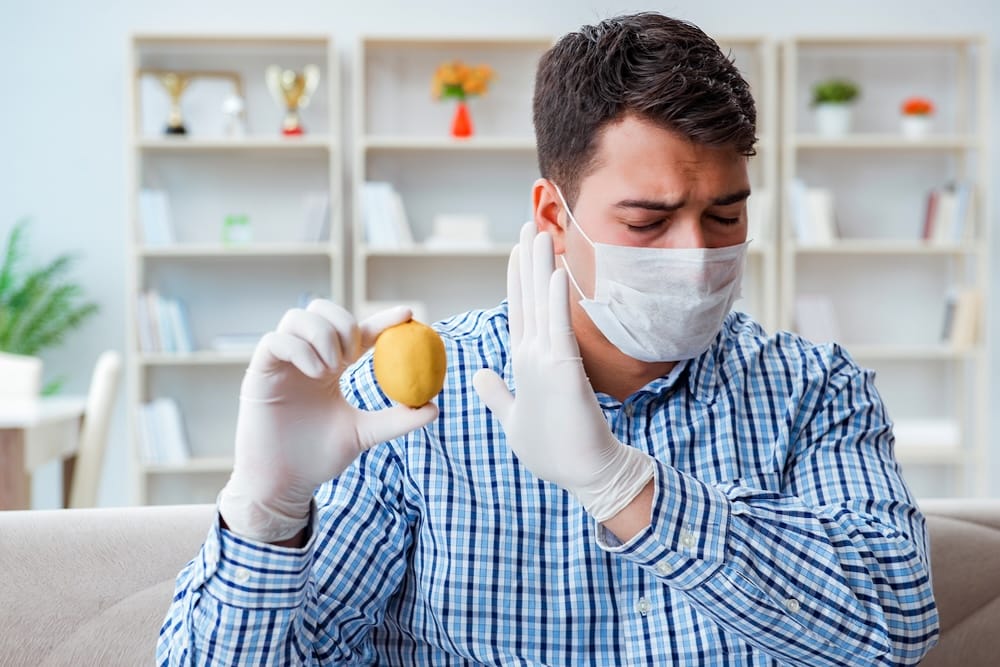
If you’ve ever felt an itching or tingling sensation in your mouth or throat after eating fruits, vegetables or nuts, you might be experiencing a pollen-related allergy known as oral allergy syndrome (OAS). Also called pollen-food syndrome, OAS is typically mild but can occasionally lead to more serious symptoms. Fortunately, Atlanta allergists can help patients manage their symptoms and maintain good health and well-being. So what are the best ways to deal with OAS?
Top Recommendations for Coping With Oral Allergy Syndrome
Unlike some allergies that affect babies and young children early in life, OAS often first appears during adolescence or early adulthood. If you or your child experience symptoms, here are some practical tips to help.
Familiarize Yourself With Oral Allergy Syndrome
OAS and how it affects people varies from a typical allergy. With OAS, your immune system reacts to the proteins in various fruits, vegetables and nuts, based on their similarities to pollen proteins. As a result, those with seasonal allergies to birch, ragweed, grass and other pollens experience symptoms like itching, tingling and swelling of the mouth, lips, tongue or throat shortly after consuming a trigger food.
Recognize Your Pollen-Food Allergy Triggers
The process by which a person with a pollen allergy reacts to similar proteins in foods is called cross-reactivity. Different pollens will cross-react with various foods, such as birch pollen with apples, peaches and cherries, ragweed pollen with cantaloupe, watermelon and bananas, and grass pollen with tomatoes, peaches and melons. A food allergy specialist can help you manage your allergy by identifying your trigger pollen type and corresponding foods.
Cook or Peel Trigger Foods
When you cook, bake or heat raw fruits and vegetables, it breaks down the proteins that cause a cross-reactive response. For example, while fresh tomatoes could cause your mouth or throat to tingle, cooked tomato sauce won’t trigger a response. Similarly, peeling fruits and vegetables can help, as most proteins are found in the outer layers.
Read Food Labels to Identify Trigger Foods
Checking ingredients is an important way to prevent accidental exposure. Products like juices, smoothies and salads could contain a trigger food that leads to uncomfortable symptoms. While dining out at restaurants, you can ask about sauces, garnishes and other food options that may feature fruits, vegetables and nuts.
Get Treatment Recommendations From an Allergist
An allergist can help you understand your allergies and how to manage them. A skin prick or blood test will identify pollen allergies and confirm OAS. If needed, professional food allergy testing can rule out true food allergies. Your allergist may then recommend treatments (including antihistamines or immunotherapy) to reduce pollen allergy symptoms and OAS reactions.
Contact Us for Oral Allergy Syndrome Treatment in Atlanta
For expert help with oral allergy syndrome management, visit one of our Atlanta-area food allergy treatment centers. We provide comprehensive testing and treatment for oral allergy syndrome and other allergies. Call (678) 668-4688 or request an appointment today.
Image Credit – Elnur/Shutterstock.com
